The Newton Victor Gyromax Rotating Anode 120 X-ray tube is a good example of how Britain’s post World War II ideals were reflected in the rapidly developing field of health and medicine in the 1950s. During the 1950s, science was celebrated as an essential tool for national development which could be used to the benefit …
Category: Student Showcase
Jan 22
The Ferranti Pegasus Computer
On the Wings of White-Heat It may appear an unsightly cross between a Mark I Mini and a set of metallic wardrobes, but within its architecture the Ferranti Pegasus heralds the birth of something which continues to alter the lives of millions – this writer at this moment included – in the 21st century: desktop …
Jul 18
Kent students create an international presence for local treasures
The Powell Cotton family were explorers, soldiers, women, anthropologists, naturalists, film-makers and more. Their astonishing archives and collection form the core of the Powell Cotton Museum (PCM) in its country park, and include the world’s largest elephant specimen and the first room-sized habitat-display diorama (a form of exhibit best known through the examples at the …
Jul 18
Officer! I moustache you a question: The Science of Selecting Soldiers in WWII
Which type of fine- follicled fellow would you pick to be an officer: trimmed, divided, clipped, line or bushy? Wartime researcher G.R. Perberdy gave the matter considerable thought, compiling data on the facial hair of hundreds of participants – whom he helpfully notes were male – that went through the War Office Selection Boards (WOSBs) …
Jul 18
Aldous Huxley – Antic Hay (London, 1923)
Why does Gumbril feel he needs to wear a fake beard to be ‘The Complete Man’? In Antic Hay, Gumbril feels inadequate in his own body. He feels restricted and unconfident, unable to express his true thoughts. When he sports a fake beard, however, he becomes what he calls “The Complete Man”. With the beard, …
Apr 30
H. G. Wells – Ann Veronica (London, 1909)
How does studying biology impact on Ann Veronica’s view of the body? Ann Veronica, a young girl searching to find independence as a woman in early 20th century London, joins the Central Imperial College to study biology, with hopes of expanding her view of the world. After some exploration, she finds it comforting that science …
Apr 26
Marie Darrieussecq – Pig Tales (London, 1998)
The main protagonist of Marie Darrieussecq’s novel finds herself inexplicably slowly transforming into a porcine animal. When reading novel an immediate question is raised to us as readers: Why a pig in particular? The pig is not a diametrically opposed to us like an invertebrate or a cold blooded reptile or amphibian. But then a …
Mar 19
Margaret Atwood – Oryx and Crake (London, 2003)
When the body becomes a commodity is it really yours anymore? In Oryx and Crake, humans harness the power to create life in any form which is of most convenience. The natural is rejected for the innovative. The transgenic organisms named Chickie nobs are just one example of the rejection of the unnecessary. These creatures …
Mar 06
William Golding – The Inheritors (London, 2011. Originally published 1955)
Why did Golding decide to portray his Neanderthals as largely vegetarian? The Neanderthal family group so vividly described in Golding’s 1955 novel are clearly happiest when eating a vegetarian diet. When they are at a near state of collapse through hunger, after making the long journey to their summer cave, they feast on the meat …
Feb 13
Karel Capek – Rossum’s Universal Robots (Prague, 1920)
Are human bodies merely machines controlled by our vindictive minds and the minds of those whose authority we are under? At the turn of the 20th century, Western culture was optimistic and scientific advancements were providing society with a faith in human achievement. Darwin’s research into the origins of species seemed to prove that humans …

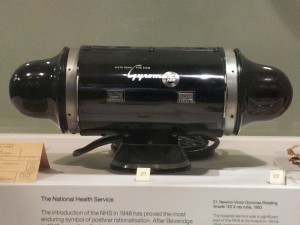
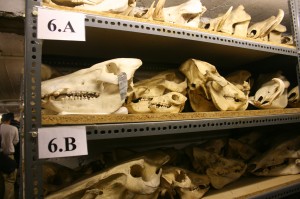
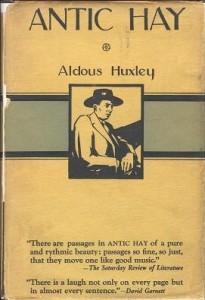

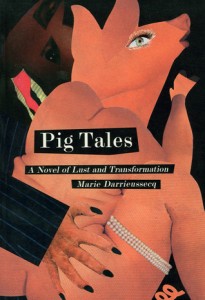

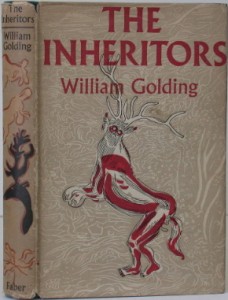
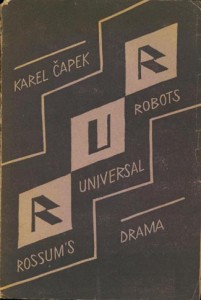
Recent Comments